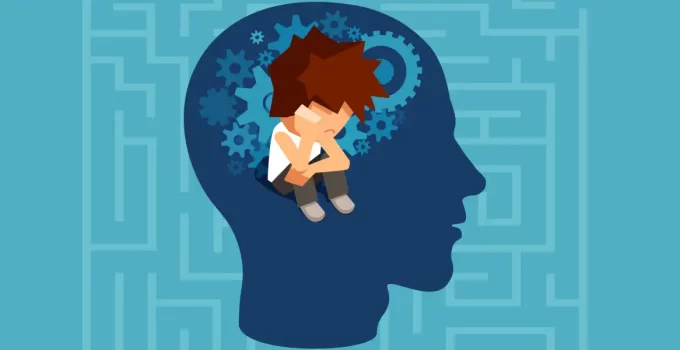Many people believe attention deficit hyperactivity disorder (ADHD) is something that happens in childhood. ADHD is a lifelong condition. ADHD is a common condition that affects many of the world’s most powerful people, from celebrities to CEOs. ADHD is a reported condition in business moguls like Ingvar Kamprad, the founder of Ikea, and David Neeleman founder of JetBlue. Justin Timberlake, a former Mouseketeer, has also been diagnosed.
ADHD is more well-known today than it was five to ten years ago. As such, adults with the condition might not have been diagnosed as children. Post traumatic stress, many adults with ADHD may not realize that their brains are wired differently.
- How many adults are affected by ADHD?
- Approximately three to four per cent of adults in the United States have ADHD. However, very few seek treatment. ADHD is a condition that every adult with ADHD has had since childhood. It’s easier to identify adult ADHD if the condition was recognized and treated in childhood. However, some adults have historical information that may point to ADHD symptoms that were not addressed in childhood. Did you feel like a dreamer? Do you struggle to pay attention at school, complete projects or complete tasks on time? You may have suffered from ADHD in childhood, and may still struggle with the symptoms as an adult.
- How does ADHD manifest with age?
A: ADHD can be classified into three types: the hyperactive, inattentive and combined types. Research shows that girls are more likely to suffer from inattentive ADHD than boys. However, hyperactive ADHD may be more common in boys. Regardless of gender, inattention seems to persist over time while hyperactivity seems to decrease with age.
- What are the signs and symptoms of ADHD in adulthood?
- ADHD refers to a neurodevelopmental disorder that affects a person’s ability focus, prioritize and pay attention. ADHD patients often complain of being easily distracted and having difficulty completing tasks. They might be anxious, distracted, forgetful, impulsive and scattered. They might also have difficulty listening and staying engaged in conversations. These symptoms can cause low self-esteem, which can lead to depression or anxiety.
- How can ADHD be diagnosed and treated?
A: Unfortunately there is not a specific test for ADHD. The diagnosis is made based on careful clinical and familial history. ADHD is often inherited from the parents. There are many risk factors for ADHD, including having a family member with the disorder, drinking alcohol during pregnancy, premature births, and exposure to environmental toxic chemicals as a child. If you are worried that you might have ADHD, it is a good idea to see a psychiatrist who specializes in this condition. ADHD is treated with stimulant drugs. This includes Adderall and Ritalin. Make sure you see a doctor who is experienced in prescribing stimulants to monitor for side effects.
ADHD, if left untreated, can cause serious mental and physical problems. It can also lead to financial problems and stress in relationships. There are many treatment options available for ADHD, including medication and behavior modification.
Dr. MacLean states that ADHD sufferers should have a structure to their lives. He suggests using lists and reminding them to stay on track. To help them achieve their goals, they should adopt certain lifestyle habits such as regular exercise, good sleep hygiene, and time management strategies.
Do you think you might have ADHD as an adult? Find out more about therapist in my area the treatment is very effective, and many patients report dramatic improvements in their lives and relationships after receiving it.



